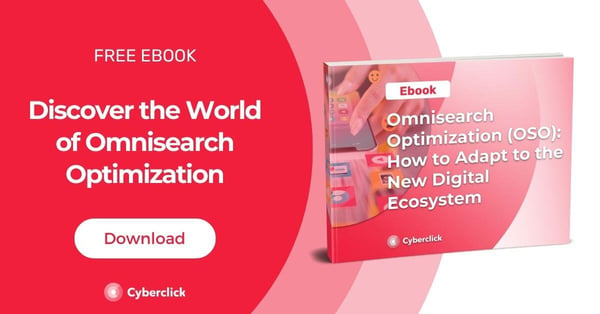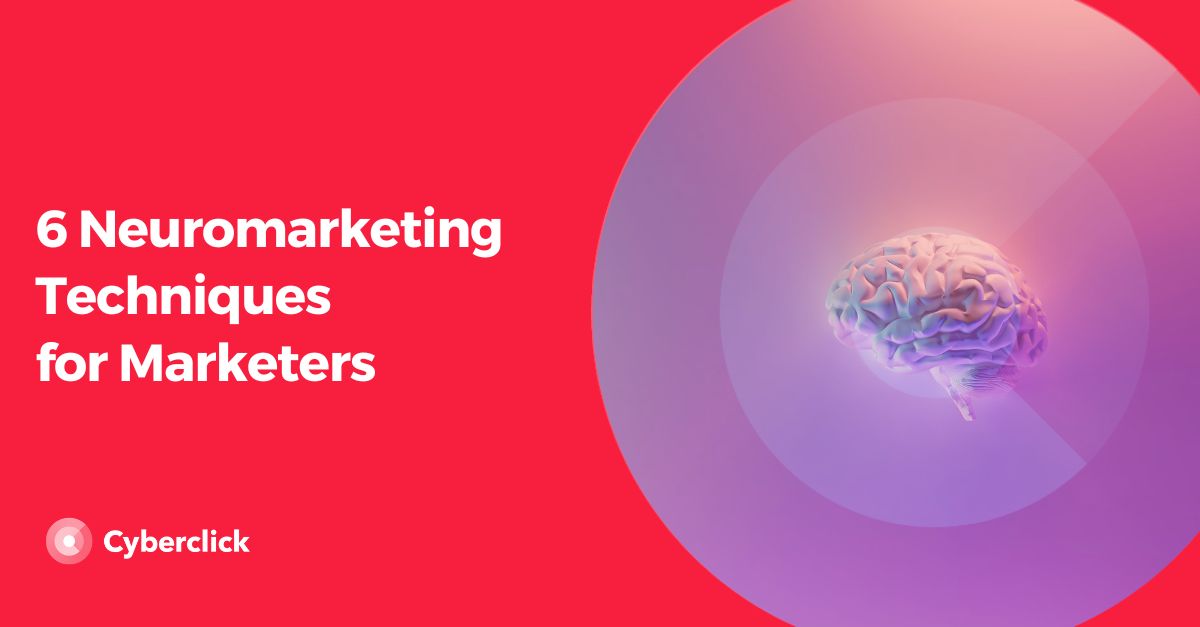Natural Language Processing (NLP) continues to reshape how Google understands and ranks content. If you're serious about improving or maintaining your page rankings, you should start implementing modern NLP SEO tactics right away.
In this article, we’ll explain what NLP is, how it currently applies to SEO, and provide updated techniques that align with the latest algorithmic shifts like Google MUM and voice search trends.
%20in%20SEO.webp?width=1200&height=627&name=What%20Is%20Natural%20Language%20Processing%20(NLP)%20in%20SEO.webp)
Natural Language Processing Definition
NLP is a field of computer science and linguistics focused on enabling computers to understand, interpret, and respond to human language in a meaningful way. It combines artificial intelligence with language rules to decode the context, sentiment, and structure of words in search queries and online content.
From BERT to MUM: Google's Evolving Use of NLP
Google introduced BERT in 2019 to better grasp the context of search queries, focusing not just on keywords but the intent behind them. BERT’s key strength is its ability to process language bidirectionally—understanding how each word in a sentence relates to the ones around it.
Recently, MUM (Multitask Unified Model) has taken center stage. MUM is 1,000 times more powerful than BERT and can analyze content across multiple languages and formats—text, images, and even video. It enables Google to respond to complex, multi-part questions by pulling from a broader range of sources and understanding deeper contextual relationships.
What this means for SEO: Your content must now cater to diverse content types and be deeply informative, structured, and multimedia-friendly to rank well.
How Sentiment and NLP Interact
While older models like BERT helped recognize sentiment (positive, neutral, negative), sentiment itself is not a direct ranking factor in Google’s algorithm. What matters more is relevance, authority, and usefulness.
That being said, consistent tone and positive user experience signals (like time on page, shares, and engagement) often correlate with better rankings. So while you don’t need to aim for positive sentiment per se, your content should be clear, helpful, and aligned with the user’s search intent.
Key Concepts in NLP for SEO
-
Entity: A specific person, place, or thing that your content should reference clearly.
-
Category: The broader topic your content falls under—Google uses these to classify and organize information.
-
Salience: How central a topic or entity is to your content. High-salience content stays focused on its main topic.
Use tools like Google Cloud NLP API, IBM’s Watson NLU, or more SEO-focused platforms like Clearscope and MarketMuse to analyze and improve these areas.
NLP SEO Techniques
1. Optimize for MUM, Not Just BERT
-
Include multimedia elements like images, videos, and infographics.
-
Write comprehensive answers that cover multiple angles of a question.
-
Use schema markup to help Google categorize content by type (FAQ, How-To, Video).
2. Adapt for Voice and Conversational Search
-
Focus on natural language questions: “How do I…” or “What’s the best way to…?”
-
Create FAQ sections or Q&A-rich pages to directly answer likely voice queries.
-
Use long-tail keywords that mirror how people speak.
3. Strengthen Content Structure and Flow
-
Use clear headings and subheadings (H2s, H3s) to guide both users and search engines.
-
Minimize jargon—write for humans, not just algorithms.
-
Keep sentences and paragraphs short, especially for mobile readability.
4. Use Internal & External Links Contextually
-
Ensure your links are placed where they logically flow in the narrative.
-
Link to authoritative sources and internally to related content for SEO reinforcement.
5. Reduce Cognitive Load
-
Get to the point—minimize fluff and filler.
-
Avoid unnecessarily complex sentences and dense phrasing.
-
Break down large blocks of text using lists, visuals, and callout boxes.
The Future of NLP in SEO
Looking ahead, expect even greater personalization in search results based on user behavior, location, and preferences. Search engines will continue to evolve toward understanding intent and context rather than relying on keyword matching.
Staying ahead means adapting early: incorporate structured data, conversational tone, and user-centric design into your content strategy. The better your content aligns with how people naturally ask questions—across devices and formats—the better you'll perform in search rankings.
Responsable de la estrategia de contenidos y visibilidad en Cyberclick, con enfoque Allbound y especialización en posicionamiento SEO, GEO y automatización con IA. Gestión avanzada del CRM con HubSpot: base de datos, workflows, lead nurturing, scoring y reporting. Experiencia en marketing digital, comunicación corporativa y periodismo, uniendo estrategia, creatividad y tecnología para captar y convertir leads cualificados.
Responsible for content and brand visibility strategy at Cyberclick, with an Allbound approach and specialization in SEO, GEO (Generative Engine Optimization), and AI-powered automation. Advanced HubSpot CRM management: database segmentation, workflows, lead nurturing, scoring, and reporting. Background in digital marketing, corporate communications, and journalism—combining strategy, creativity, and technology to attract and convert qualified leads.






Leave your comment and join the conversation